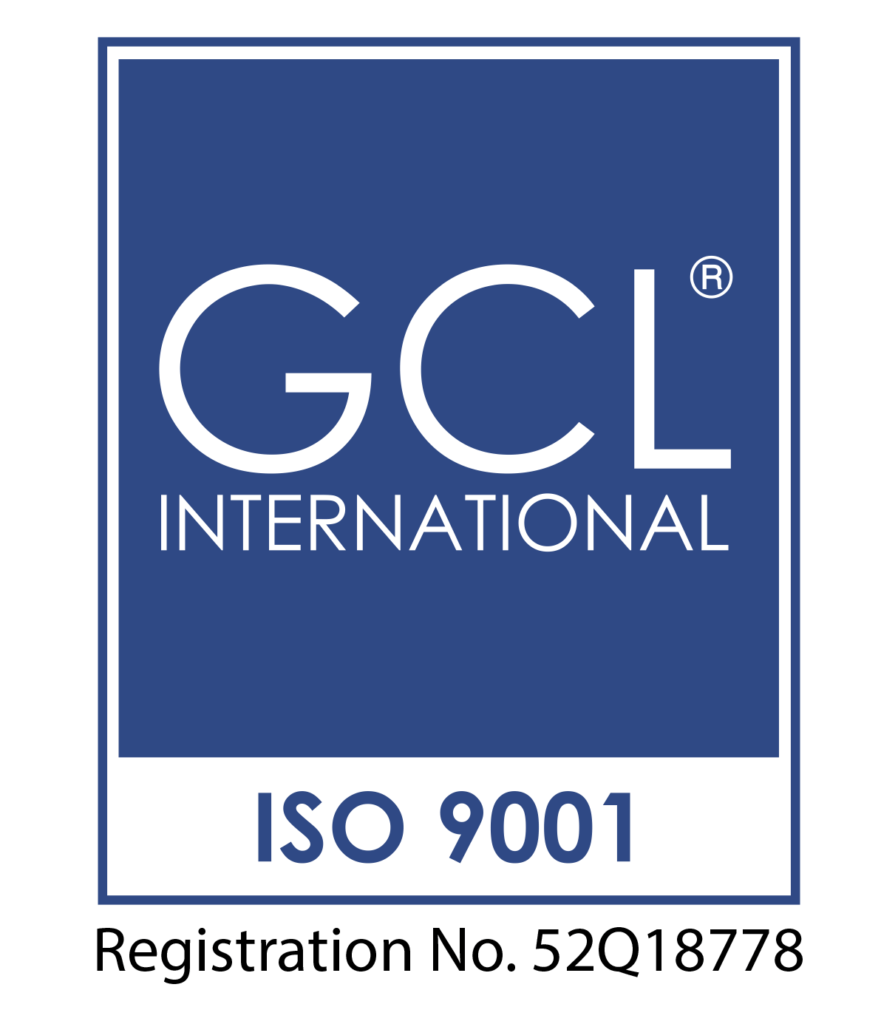The pursuit of sustainable development stands as an urgent imperative in today’s world grappling with multifaceted challenges like climate change, environmental degradation, and dwindling natural resources. Recognizing the crucial need to address these issues, the International Conference on Methodological Advances in Research (ICMAR) held last November 21 – 23, 2023 at Marco Polo Hotel, emerged as an important platform to discuss pressing issues and problems around the world. With the theme, “Development, Prosperity People and the Planet: Achieving Sustainable Development Goals Through Methodological Advances in Research”, participants and presenters were able to share their studies and insights on how to improve the lives of every human being in the planet and how to live in a more sustainable world in the future. As the world approaches the midway point of the United Nations Agenda 2030, the conference aimed to delve into methodological innovations and collaborative efforts to advance Sustainable Development Goals (SDGs).
2023 marked a significant milestone, with the United Nations set to launch the 2023 Global Sustainable Development Report against the backdrop of the ongoing COVID-19 pandemic. This global health crisis disrupted progress towards achieving SDGs, impacting not only health systems but also education, prosperity, planetary health, and food security indirectly. Yet, the adversity presented by the pandemic also unveiled opportunities for research and development to accelerate the achievement of SDG targets.
The conference, with a focus on sustainable development, brought together a diverse cohort of researchers, policymakers, and practitioners. It provided a fertile ground for exchanging ideas, solutions, and methodologies essential to comprehending the intricate and interconnected facets of sustainable development.
The strands of the conference highlighted various critical research areas essential for advancing the SDGs. These included participatory research methods for community engagement, integrating indigenous and traditional knowledge, measuring progress towards SDGs, multidisciplinary research approaches, data science utilization, qualitative research methods, and ethical considerations in sustainable development research.
Distinguished plenary speakers like Mr. Alamgir Hossain from the United Nations Kyrgyzstan, Dr. Ben S. Malayang III from Silliman University, and Dr. Aurelio P. Vilbar from the University of the Philippines – Cebu, among others, shared insights on education, role of higher education institutions (HEIs), food security, and social innovation. Breakout sessions allowed for more nuanced discussions and idea exchanges among the participants.
The conference culminated with an acknowledgment of exemplary research efforts contributing to sustainable development across various strands. Notable studies included research on e-waste disposal behavior, sustainable agricultural practices of indigenous tribes, innovative traffic management systems, advanced data-driven approaches in agriculture, and qualitative insights into the impact of the COVID-19 pandemic on specific industries.
Dr. Daniel A. Ariaso Sr., President III of Cebu Normal University, highlighted the significance of research as a catalyst for change, emphasizing its role in sparking innovation, guiding policy-making, and transforming societies. He urged participants to bridge the gap between theory and practice and to ensure research translates into real-world impact, resonating not only within the Philippines but on a global scale.
The conference closed with a message of gratitude from Dr. Rufina C. Rosaroso, emphasizing the importance of collaboration and interdisciplinary approaches in driving sustainable development.
Looking ahead, ICMAR announced its expansion into an international conference, with Surigao State College of Technology set to host ICMAR 2024. As the conference evolves, its mission remains steadfast: to foster collaboration, innovation, and actionable research contributing to a more sustainable and equitable world.




